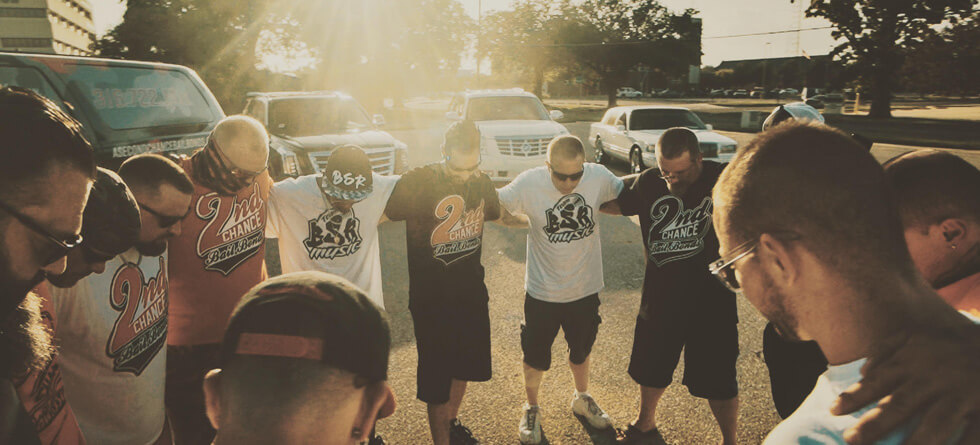Inmates may be allowed to attend funerals, but this depends on several factors, including the policies of the correctional facility, the security risk the inmate poses, and the nature of their sentence.
Here are some key points to understand about the process and the considerations involved…
Factors Affecting an Inmate’s Ability to Attend a Funeral
- Facility Policies – Each correctional facility has its policies regarding inmates attending funerals. Some facilities may allow it under certain conditions, while others may not permit it at all.
- Security Risk and Classification – The inmate’s security classification plays a significant role. High-risk or maximum-security inmates are less likely to be granted permission compared to low-risk inmates. The inmate’s behavior, escape risk, and criminal history are also taken into consideration.
- Nature of the Sentence – Inmates serving life sentences without the possibility of parole or those on death row are generally not permitted to attend funerals. Inmates serving shorter sentences or those close to their release date may have a better chance of being granted permission.
- Relationship to the Deceased – The relationship between the inmate and the deceased is considered. Immediate family members (parents, siblings, children, spouses) are more likely to warrant consideration for a temporary release.
- Legal and Procedural Requirements – The request to attend a funeral usually involves a formal application process. This might include approval from prison officials, a judge, or other legal authorities.
- Logistical Considerations – The availability of transportation and security personnel to escort the inmate to and from the funeral is a significant logistical factor. Costs associated with the transport and security detail are often borne by the inmate’s family.
Procedures for Requesting Funeral Leave
- Application Process – The inmate or their family must submit a formal request to the prison administration. This request typically needs to be made well in advance of the funeral. The request should include details about the deceased, the relationship to the inmate, the date and location of the funeral, and any other relevant information.
- Review and Approval – The prison administration will review the request, considering the factors mentioned above. Approval may require multiple levels of sign-off, including from the warden, the Department of Corrections, and possibly a judge.
- Escorted Leave – If approved, the inmate will typically be escorted by prison guards to and from the funeral. In some cases, the inmate may be allowed to wear civilian clothes, but this depends on the facility’s policies.
- Costs – The cost of transportation and security detail is often the responsibility of the inmate’s family. These costs can be substantial, and if the family cannot afford them, the request may be denied.
Alternatives to Physical Attendance
- Virtual Attendance – Some facilities may offer the option for inmates to attend funerals virtually through video conferencing, especially in cases where physical attendance is not feasible. This can provide a way for inmates to participate in the funeral without the security and logistical challenges of a temporary release.
- Memorial Services Within the Facility – Some correctional facilities may allow inmates to hold a small memorial service or vigil within the prison to honor their deceased loved ones.
While it is possible for an inmate to attend a funeral, it is contingent upon many factors including the facility’s policies, the inmate’s security risk, the nature of the sentence, and logistical considerations. The process involves a formal request and approval procedure, and the costs are often borne by the inmate’s family. In cases where physical attendance is not possible, virtual attendance or internal memorial services may be considered as alternatives.





